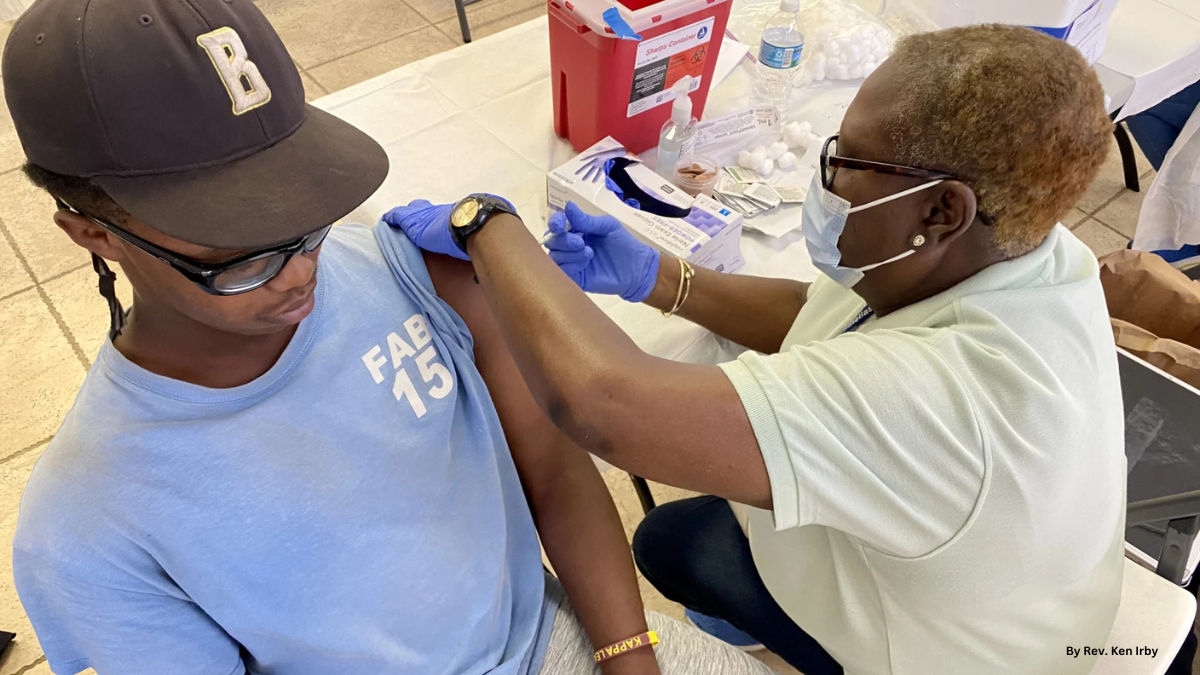In this flurry of federal transition — where change is being introduced, debated, revised, and, at times, rescinded at record rates — the inclination to ignore it all is easy and understandable. However, defining decisions that stand to determine our quality of life demand our attention. The recent executive order to withdraw our nation’s membership in the World Health Organization is one such decision.
America’s role as a leader in global health is of particular importance to the Foundation for a Healthy St. Petersburg. As we pursue our vision of creating a community where good health allows all people to thrive, we understand that aspiration depends on our nation’s access and contribution to the international community that stewards the research, protocols and practices that guide health and well-being in our boundaryless world. Collaborations between the Centers for Disease Control, National Institute of Health, and other U.S. public health officials and WHO provide symbiotic benefits for every entity involved.
The nearly 200 nations that comprise the World Health Organization come together to fight communicable diseases such as COVID-19, Zika, HIV, and Malaria. It promotes leading research and remedies for chronic conditions such as cancer, diabetes and heart disease. It helped eradicate smallpox, has averted millions of polio cases, and played a huge role in the primary health care framework we use in the U.S. today. Our interactions with our doctors, pharmacists and healthcare teams are greatly informed and influenced by the work of the World Health Organization. Everything from mitigation of global pandemics to recommendations for the most effective flu vaccines are based on WHO-facilitated consultations with experts worldwide. We are a healthier nation because of our role in the organization.
Upon the World Health Organization’s establishment in 1948, President Harry Truman endorsed its purpose with America’s enthusiastic membership. He said, as a preeminent leader, the U.S. must “give freely of our great knowledge to help liberate men everywhere from the overhanging dread of preventable disease. The World Health Organization can help contribute substantially to the attainment of the healthy, vigorous citizenry which the world needs so badly today and tomorrow.”
Three-quarters of a century later, this remains true. In our world that runs on global exchange against a backdrop of complex population health dynamics, the altruistic motivations that guided our initial membership are reinforced by a very real need for America’s access to the answers the international agency provides.
The World Health Organization deals with global issues of international magnitude, but those issues manifest between patients and healthcare providers in exam rooms throughout America every day. We need that good work to continue. We need it to elevate to reflect our ever-ascending standards for access to quality care. We need it to innovate in response to ever-evolving threats to population health. And, as America remains one of the greatest nations in the world, we must help craft and create the healthcare solutions required for good health to allow every person in every city to thrive.
Kanika Tomalin is president and CEO of Foundation for a Healthy St. Petersburg.

